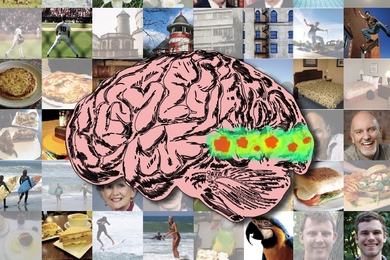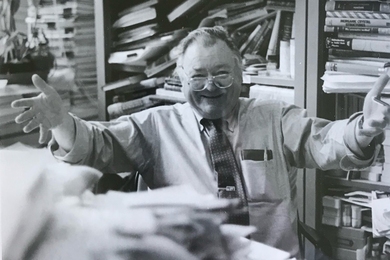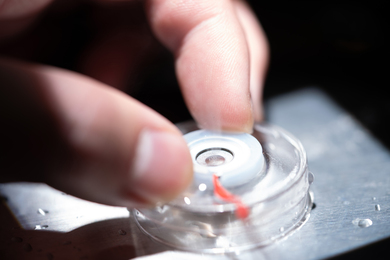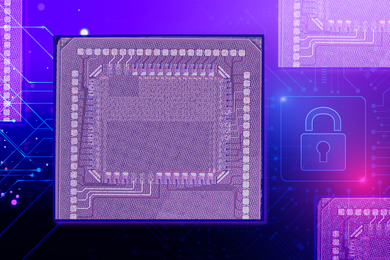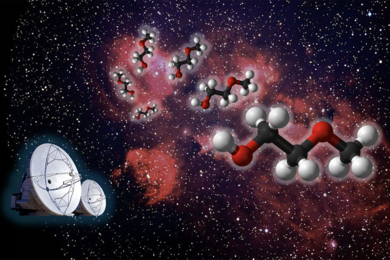The discovery by researchers at MIT’s Picower Institute for Learning and Memory of a single DNA-packaging protein that is specifically associated with learning and memory has been named one of the 10 biggest stories of 2009 by the Howard Hughes Medical Institute.
The HHMI annual report honors the work of Li-Huei Tsai, the Picower Professor of Neuroscience and an HHMI investigator, whose team identified that the gene HDAC2 and its associated protein could be the target of safer, more specific drugs that promote learning when DNA in the brain unwinds from its tightly coiled configuration.
Although certain drugs can prime the brain for learning by blocking a class of proteins known to keep DNA tightly packed in mice, they also cause unwanted side effects. By narrowing the focus to a single protein, Tsai’s work “could aid the development of drugs that treat memory loss associated with Alzheimer’s disease and other neurodegenerative diseases with fewer side effects,” the report says.
To read more about the advance, please see the MIT News story from earlier this year.
The HHMI annual report honors the work of Li-Huei Tsai, the Picower Professor of Neuroscience and an HHMI investigator, whose team identified that the gene HDAC2 and its associated protein could be the target of safer, more specific drugs that promote learning when DNA in the brain unwinds from its tightly coiled configuration.
Although certain drugs can prime the brain for learning by blocking a class of proteins known to keep DNA tightly packed in mice, they also cause unwanted side effects. By narrowing the focus to a single protein, Tsai’s work “could aid the development of drugs that treat memory loss associated with Alzheimer’s disease and other neurodegenerative diseases with fewer side effects,” the report says.
To read more about the advance, please see the MIT News story from earlier this year.

